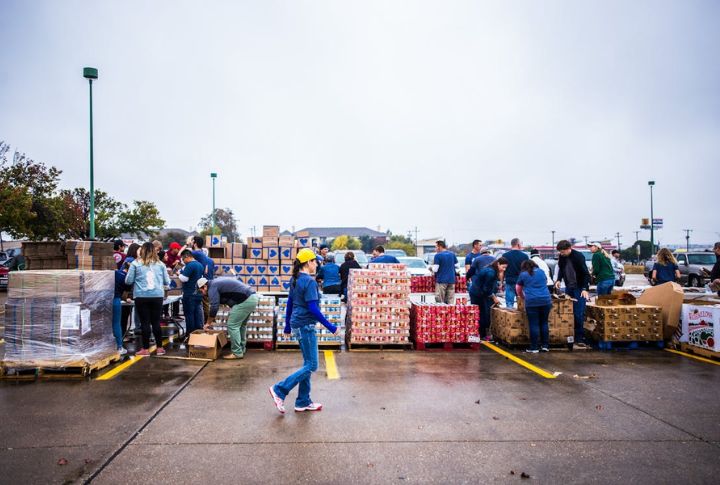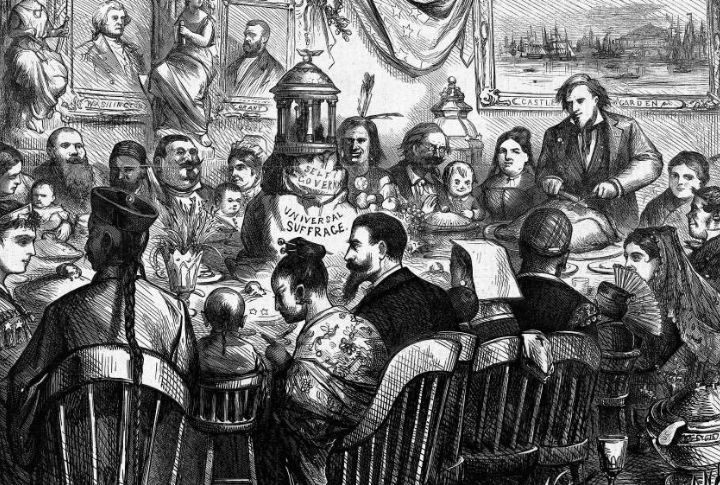
What happens when you know the end is coming? Not someday, but on a specific date? Everything familiar, from relationships and even the way we breathe throughout the day, will start to shift. In the next ten slides, we unpack the real science and history behind how humanity would react to this information. Let’s begin.
Shock And Paralysis

The brain’s fear center hijacks reason as threats grow too overwhelming. According to disaster psychologists, freezing is a common reaction during major crises. After 9/11, nearly 70% of Americans felt mentally stuck. Likewise, Y2K triggered costly overreactions, proof that fear, not logic, can drive early responses.
Collective Withdrawal

Psychic numbing, a term coined by psychiatrist Robert Lifton, describes how people shut down emotionally as trauma grows too overwhelming. And examples of this are clear—Chernobyl’s quiet zones and the overlooked AIDS crisis. Even during COVID, streaming surged as escapism replaced brutal reality.
Radical Altruism

Disasters sometimes bring people closer rather than pulling them apart. And as experts explain, crises tend to inspire acts of cooperation. For example, during the London Blitz, crime fell because neighbors helped one another. Donations also rose after tragedies, which shows how fear can spark unexpected moments of generosity.
Identity Reinforcement

Terror Management Theory shows that fear of death can increase loyalty to culture or country. You can notice it in these instances: U.S. nationalism surged following Pearl Harbor; Israelis in the 1960s turned inward during conflict. While faith may grow, strong loyalty can also limit openness to international differences.
Existential Grief

The loss of nature or habits brings real and lasting pain. Melting ice in the Arctic leaves communities grieving for their once common ways of life. Farmers in Australia feel vulnerable as their land dries out. Many young people now share this sadness, which will only grow if they hear the news of their end.
Survival Instincts

Neuroscientist Robert Sapolsky explains that the brain shifts into survival mode under stress. So, if humans find out their extinction date, many will hoard daily essentials, and hyper-alertness will follow naturally. It was seen during the COVID-19 pandemic. Doomsday prepping will soar as people scramble for a sense of safety in uncertain times.
Distorted Long-Term Planning

In times when life feels uncertain, long-term planning can fall apart. People might just stop aiming for the future, or build hopeful or god-fearing things, like outer space rockets or pyramids. Viktor Frankl, an Austrian neurologist and psychiatrist, explained that this drive comes from wanting life to matter, although fear may cloud the future.
Creative Outpourings

The Black Death left behind haunting art, full of hope and fear. Later, nuclear dread shaped dystopian fiction by Orwell and Bradbury. More recently, lockdowns sparked bursts of creativity online. From fiction to finger-painting, these examples show that people become more creative to process emotion if reality feels too heavy to carry.
Mental Health Crisis

Existential fear, as the World Health Organization explains, can lead to more anxiety and depression. After the Chernobyl disaster, emotional struggles rose fast. Today, many young people feel stressed about climate change as well. So, this is another possible scenario of how humans would feel after being informed about their forthcoming extinction.
Philosophical Reflection

Big questions about meaning frequently come into focus near the end of life. Some people turn to faith for comfort, while others follow people like Albert Camus, a French philosopher who believed life has no clear purpose, but we can make our own.

